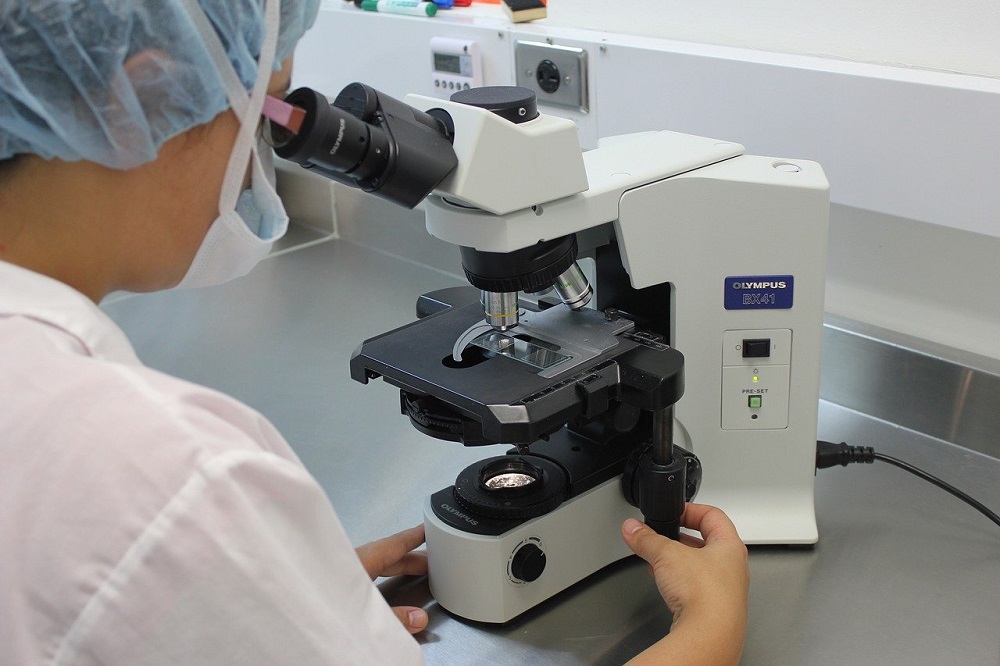Lobbyists defend medical research on animals

Martin Shipton
An organisation that lobbies in favour of medical experiments on animals has questioned claims made by campaigners who want the practice to stop.
The group Wales Against Animal Experiments argues there is no need to experiment on animals and that alternative research methods are preferable.
It is currently collecting signatures on a petition in the hope that a Senedd debate on the issue will take place.
‘Nuanced’
But Chris Magee, head of policy and media for the lobby group Understanding Animal Research, said: “People in Wales do not, in fact, oppose animal testing. A minority (about 40%) strongly support measures to develop alternatives to animals and gradually phase out animal use. However, their view is generally more intelligent and nuanced, and with polls it can be all about how you ask the question.
“Once they understand what they’d lose – like Covid vaccines and cancer drugs – then 79% find it acceptable. Generally, people are opposed – if they are opposed – to what they incorrectly think animal testing is and almost everyone agrees that animals should only be used where there is no alternative.
“Like most people in the UK, they are conditional acceptors of research, which is just as well since that’s been reflected in law since 1876. Since that time, animal research has been banned in the UK, but a licence can be granted for an exemption on ethical grounds. By 1986, the current Act clarified that animals cannot be used if there’s an alternative.
“So that’s when animals are used – when to fail to do so would lead to greater human, animal and environmental suffering, and only when there’s no alternative. Such risks aren’t hypothetical. Hawaii’s coral reefs have been bleached by sunscreen that was safety tested using ‘human relevant’ methods, which didn’t catch that it turned toxic in the sea . There’s no sense diverting 20 rainbow trout from the lab if you end up poisoning a whole river.
Cancer research
He added: “It is also not correct to say that animal studies fail to translate to human medicine. Most medicines, around 90%, have resulted from animal experiments. We have, for instance, about 300 drugs for treating cancer, which is in fact 200+ distinct diseases. Around 270 of these 300 cancer treatments derived directly from animal experiments, so it’s not surprising Cancer Research UK invests in them – far greater numbers of people, and other animals, would die if they didn’t.
“Neither does this come at the expense of non-animal methods, which have always hoovered up 70-80% of research funding despite producing just 10% of drugs.
“Meanwhile, the activists misquote the Chair of the Animals in Science Committee when he talked about a ‘significant juncture’ in the use of animals. They write that he said: ‘‘the UK is at a significant juncture in the use of animals in science and the drive to accelerate the development and uptake of non-animal methods’.
Regulatory research
He actually said: “The UK is at a significant juncture in the required use of animals in science”.. in the specific context of regulatory research, which is not undertaken in universities and is mainly done for safety testing, in which you’re obviously hoping that the animal will be unharmed, and making up just 12% of experiments. He also said, even in the narrow context of required regulatory testing, ‘our approach must also recognise that not all animal testing can be replaced in the foreseeable future’.
“There is nobody arguing for animal use where there is an alternative. There are people who can find it acceptable to prevent greater suffering, and that’s the context in which animals are used in Wales. In fact, those who do animal experiments are the world’s biggest investors in non-animal technologies – we understand perfectly well what they can and, crucially, cannot do.
“Aside from the omissions, factual errors and misquotes that constitute the activists’ arguments, there are some logical fails there too. Take my Alma Mater, Swansea University, and its conservation work. How exactly will technology ‘based on human biology’ help their fish conservation work?”
The petition can be signed here.
Support our Nation today
For the price of a cup of coffee a month you can help us create an independent, not-for-profit, national news service for the people of Wales, by the people of Wales.






Lobbyists are the scurge of politics. So expected they would defend anything for cheap to fits of the private sector. No morals.
They aren’t a lobby group but okay.
In response to the comments made on behalf of ‘Understanding Animal Research’, Wales Against Animal Experiments would like to say that we stand by our arguments, refute the criticisms and would challenge the majority of the unsubstantiated claims made by Mr Magee. If readers would like an impartial and unbiaised perspective on animal experimentation, we recommend the following: ‘Rat Trap: the capture of medicine by animal research – and how to break free’ by Dr Pandora Pound (book), ‘FAQs About the Use of Animals in Science: a handbook for the scientifically perplexed’ by Dr Ray Greek and Dr Niall Shanks (book) and https://forlifeonearth.eaction.online… Read more »